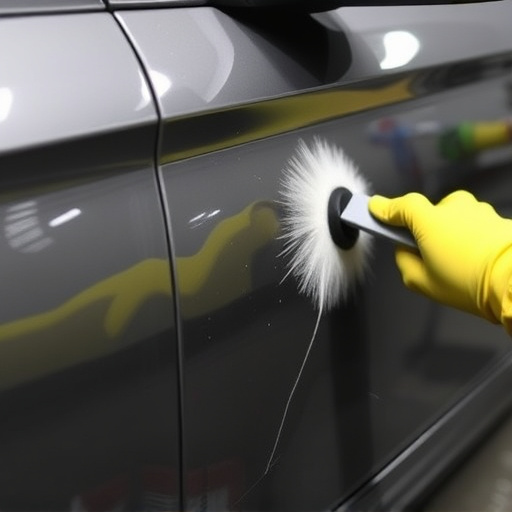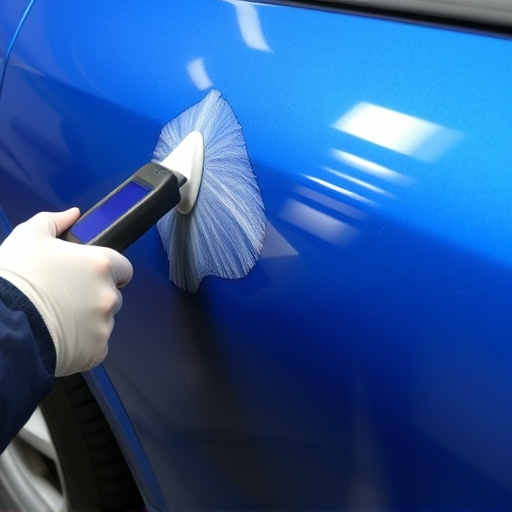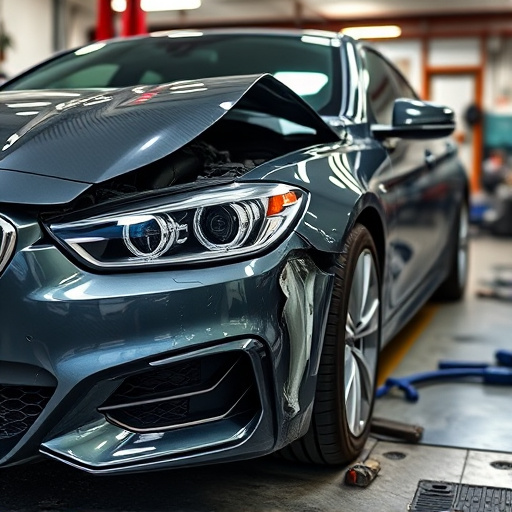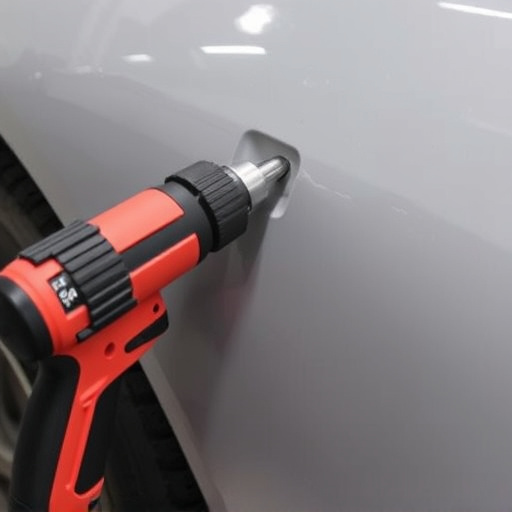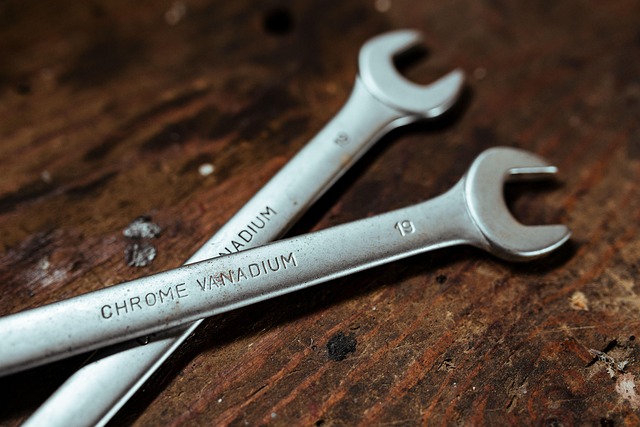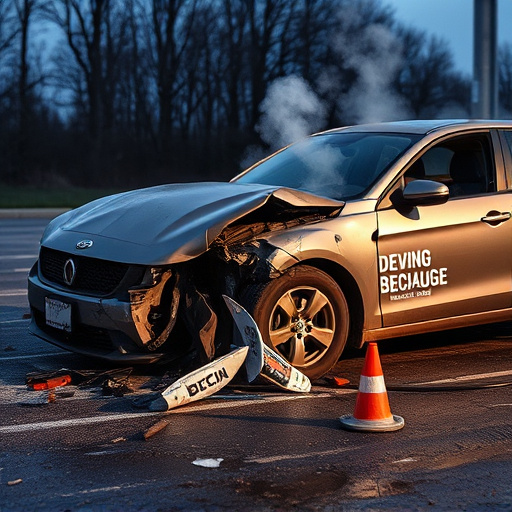Auto glass safety standards are critical for protecting drivers and passengers, governing manufacturing and installation to ensure impact resistance and penetration criteria. Compliance is essential for body shops, enabling quality control, reliable service, and customer confidence. Achieving certification involves regular training and staying current with evolving standards, ensuring technicians understand modern luxury vehicle safety systems. This certification is a cornerstone for quality control in collision and damage restoration, enhancing customer satisfaction and boosting trust in auto body shop services.
Auto glass safety is paramount for vehicle security and passenger protection. As awareness of safety standards grows, understanding and achieving auto glass certification becomes crucial. This article guides you through the essential steps, from grasping core auto glass safety standards to maintaining certification. We explore how this process ensures quality craftsmanship, instills public trust, and plays a pivotal role in safeguarding lives on the road.
- Understanding Auto Glass Safety Standards
- Achieving and Maintaining Certification
- The Role of Certification in Ensuring Quality and Trust
Understanding Auto Glass Safety Standards
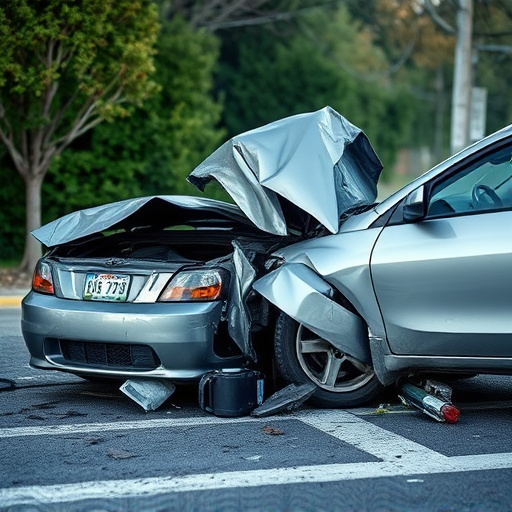
Auto glass safety standards are paramount to ensure the well-being of drivers and passengers. These standards govern everything from the manufacturing process to installation, ensuring that auto glass is both durable and safe. Understanding these regulations is crucial for anyone involved in the automotive industry, particularly those offering body shop services. Compliance ensures that replacement or repaired auto glass meets specific safety criteria, reducing risks associated with shattering or cracking.
Knowing these standards allows for effective quality control measures, including proper testing procedures for impact resistance and penetration. Moreover, it enables professionals to offer reliable body shop services, such as scratch repair and dent removal, while adhering to industry best practices. By staying informed about auto glass safety standards, businesses can provide peace of mind to their customers, knowing that every component is up to par.
Achieving and Maintaining Certification
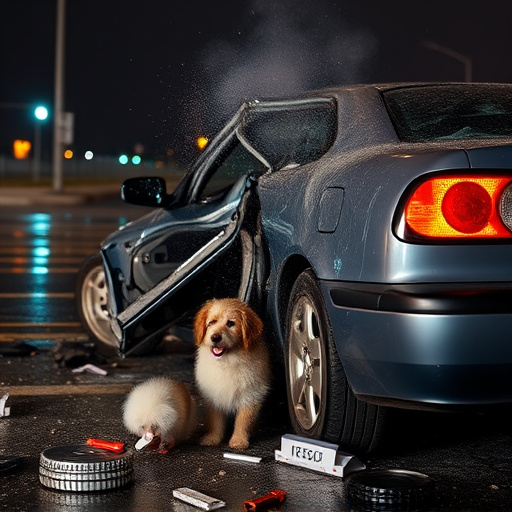
Achieving and maintaining auto glass safety certification is a multifaceted process that involves adhering to stringent industry standards. Once certified, it’s crucial to stay updated with evolving auto glass safety standards to ensure continued compliance. Regular training sessions and workshops can help technicians stay abreast of best practices and new technologies in car bodywork repairs, specifically focusing on window glass replacement and repair.
This ongoing commitment to learning is essential, given the intricate nature of modern luxury vehicle repairs. Whether dealing with a simple bumper repair or more complex auto glass issues, certification assures customers that they are receiving service from trained professionals who understand the intricacies of their vehicle’s safety systems.
The Role of Certification in Ensuring Quality and Trust
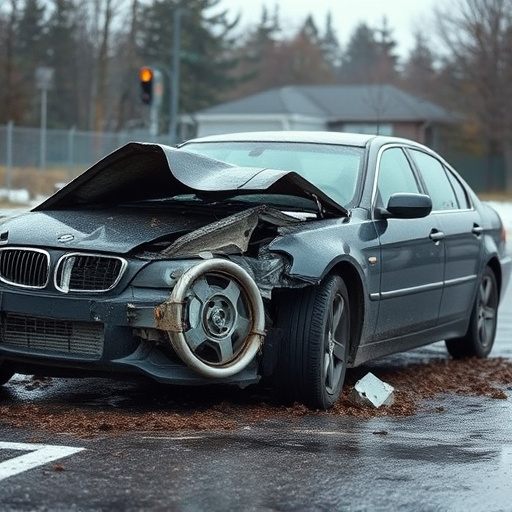
Auto glass safety certification plays a pivotal role in ensuring quality and trust within the automotive industry, particularly when it comes to vehicle collision repair and car damage repair processes. With proper certification, auto body services can demonstrate their adherence to established auto glass safety standards, giving customers peace of mind that their vehicles are in capable hands.
This certification acts as a benchmark for excellence, encouraging professionals to maintain high-quality workmanship and stay updated with the latest industry practices. By adhering to these standards, auto glass technicians can effectively mitigate risks associated with installations or repairs, ensuring the structural integrity and safety of vehicles. Ultimately, this translates into enhanced customer satisfaction and confidence in the overall quality of auto body services rendered.
Auto glass safety certification is a crucial step towards ensuring quality, trust, and adherence to established auto glass safety standards. By achieving and maintaining this certification, businesses can guarantee their customers’ safety and peace of mind. This process plays a pivotal role in navigating the industry’s evolving landscape, fostering consumer confidence, and upholding the highest standards of professionalism.

